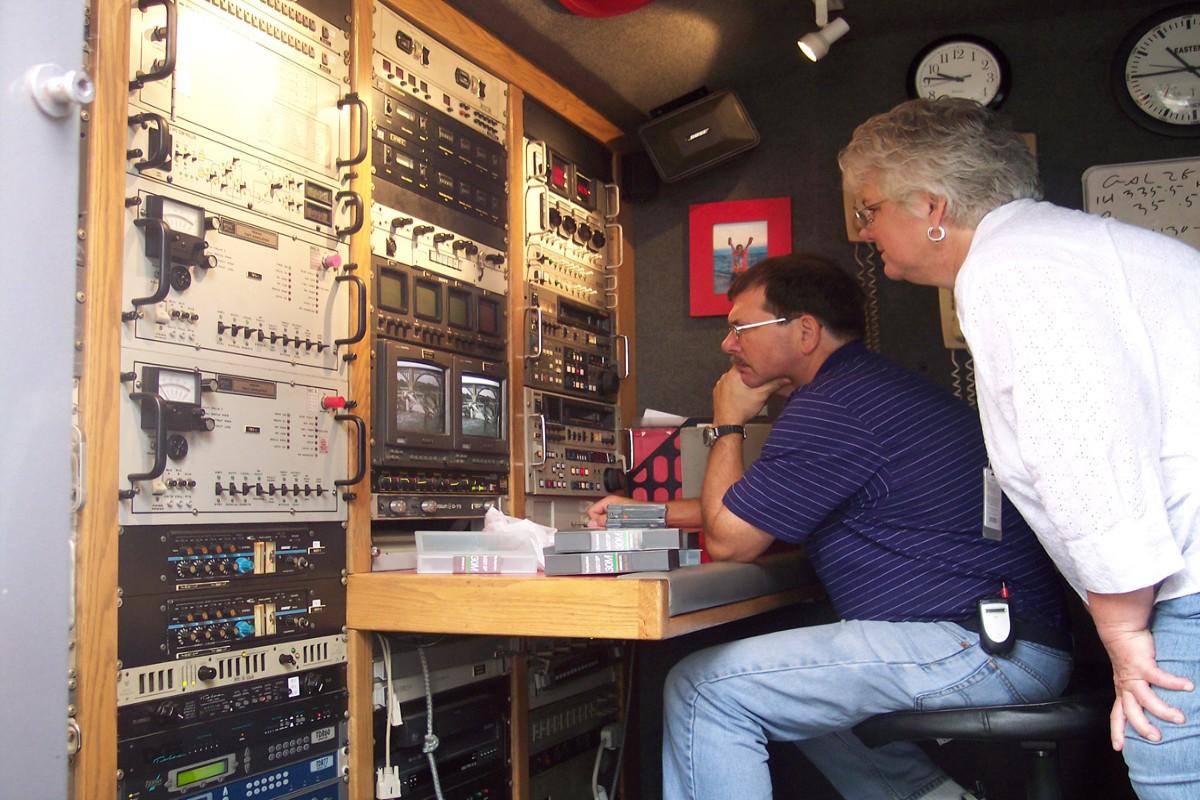Broadcast Engineers
Overview

Introduction
Broadcast engineers, also referred to as broadcast technicians or broadcast operators, operate and maintain the electronic equipment used to record and transmit the audio for radio signals and the audio and visual images for television signals to the public. They may work in a broadcasting station or assist in broadcasting directly from an outside site as a field technician. Approximately 31,580 broadcast engineers work in the United States.
Quick Facts
Median Salary
Employment Prospects
Minimum Education Level
Experience
Skills
Personality Traits
Earnings
Larger stations usually pay higher wages than smaller stations, and television stations tend to pay more than radio stations, especially for broadcast engineering technician positions as opposed to supervisory broadcast engineer positions. Also, commercial stations generally pay more than public broadcasting stations. In May 2018, the U.S. Department of Labor reported that broadcast engineering...
Work Environment
Most engineers work in broadcasting stations that are modern and comfortable. The hours can vary; because most broadcasting stations operate 24 hours a day, seven days a week, there are engineers who must work at night, on weekends, and on holidays. Transmitter technicians usually work behind the scenes with little public contact. They work closely with their equipment and as members of a small...
Outlook
Employment of broadcast engineering technicians and broadcast engineers is expected to grow faster than the average through 2028, according to the U.S. Department of Labor. The slow growth in the number of new radio and television stations, the consolidation of existing stations, and the introduction of labor-saving technologies such as computer-controlled programming are the primary contributo...
